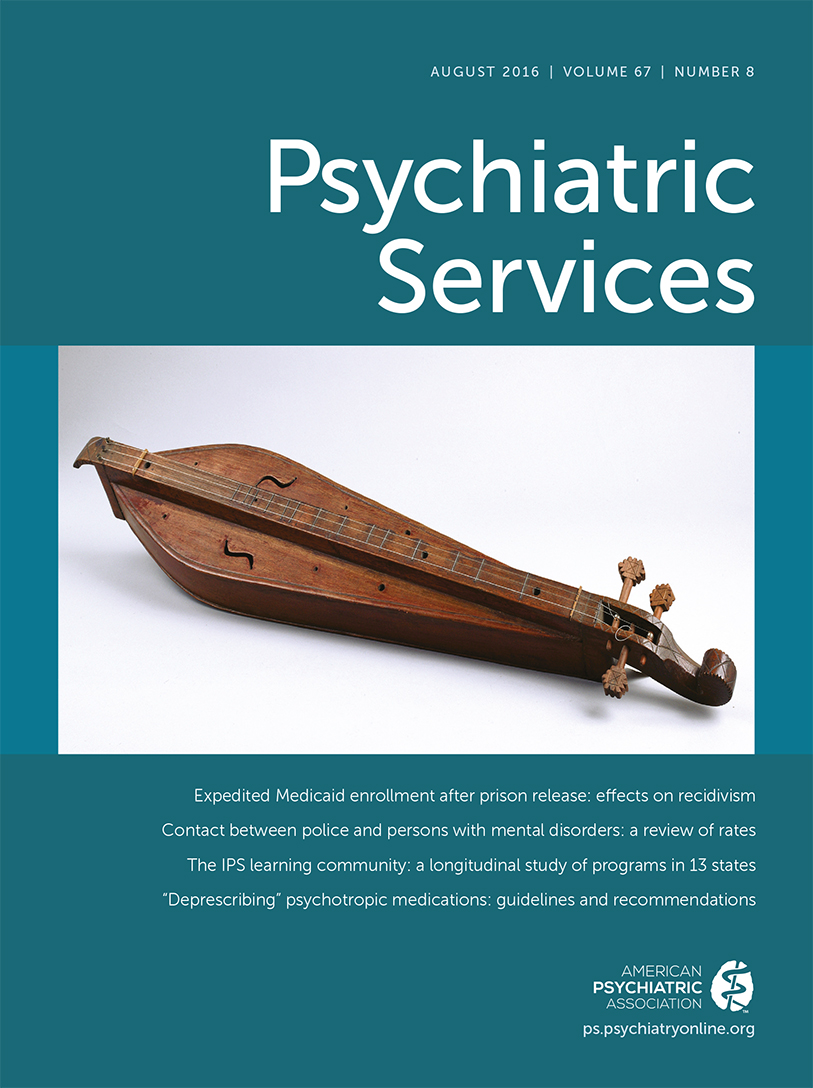Comparative Effectiveness of a Burnout Reduction Intervention for Behavioral Health Providers
Abstract
Objectives:
Prior research found preliminary effectiveness for Burnout Reduction: Enhanced Awareness, Tools, Handouts, and Education (BREATHE), a daylong workshop for reducing burnout among behavioral health providers. Using a longer follow-up compared with prior research, this study compared the effectiveness of BREATHE and a control condition.
Methods:
Behavioral health providers (N=145) from three U.S. Department of Veterans Affairs facilities and two social service agencies were randomly assigned to BREATHE or person-centered treatment planning. Burnout and other outcomes were compared across groups over time.
Results:
Analyses yielded no significant differences between groups. However, BREATHE participants showed small but statistically significant improvements in cynicism (six weeks) and in emotional exhaustion and positive expectations for clients (six months). Participants in the control condition showed no significant changes over time.
Conclusions:
Although it did not demonstrate comparative effectiveness versus a control condition, BREATHE could be strengthened and targeted toward both distressed providers and their organizations.



